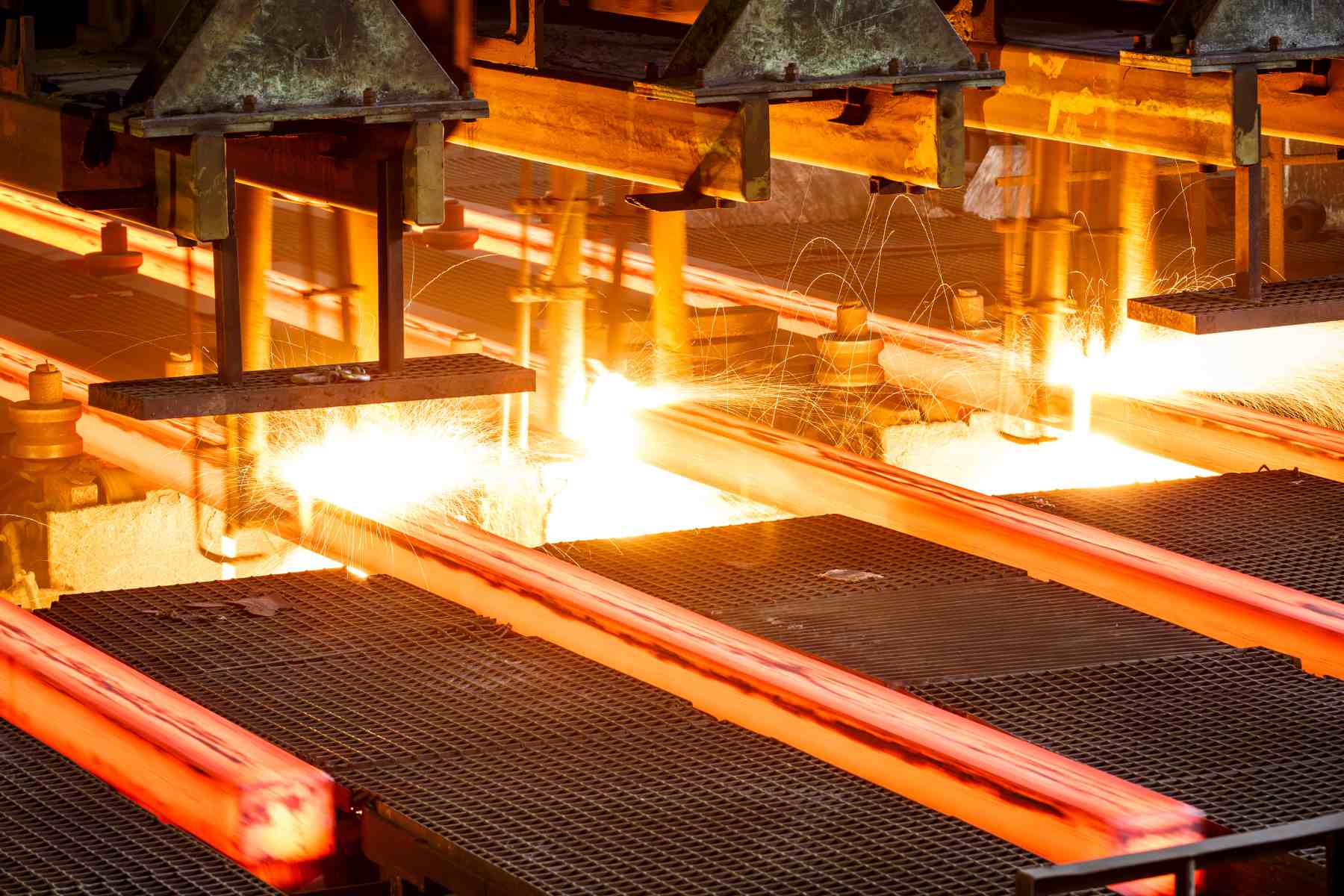
"As one of the leading policy experts at the Canadian Chamber of Commerce, Chan has become a reluctant face of crisis: trade shocks, economic headwinds, and geopolitical curveballs that threaten the foundation of Canadian manufacturing. Steel and aluminum tariffs are back-having doubled from 25 percent to 50 percent in June-and once again, they're rattling Canadian companies."
"We've actually already seen how this plays out. The first Trump administration imposed tariffs on steel and aluminum in 2018. We saw, that year, Canadian steel exports to the US drop about 40 percent between May and June."
"There was some retrospective analysis in the US that pointed out those tariffs had raised the cost of production for American manufacturers, raised prices for consumers, and hurt exports."
"This is going to make things more painful, as well as more expensive, for everybody. The line we've been using is that steel and aluminum are about strength and these tariffs weaken us both."
Pascal Chan, a policy expert, explains the implications of the recent increase in steel and aluminum tariffs from 25 percent to 50 percent. This drastic change threatens Canadian companies, which rely on integrated North American supply chains. Historical context shows that previous tariffs reduced Canadian steel exports significantly and raised production costs in the US. Tariffs are expected to make manufacturing more painful and expensive, undermining North America's competitiveness and potentially benefitting Chinese steel and aluminum leadership.
Read at The Walrus
Unable to calculate read time
Collection
[
|
...
]